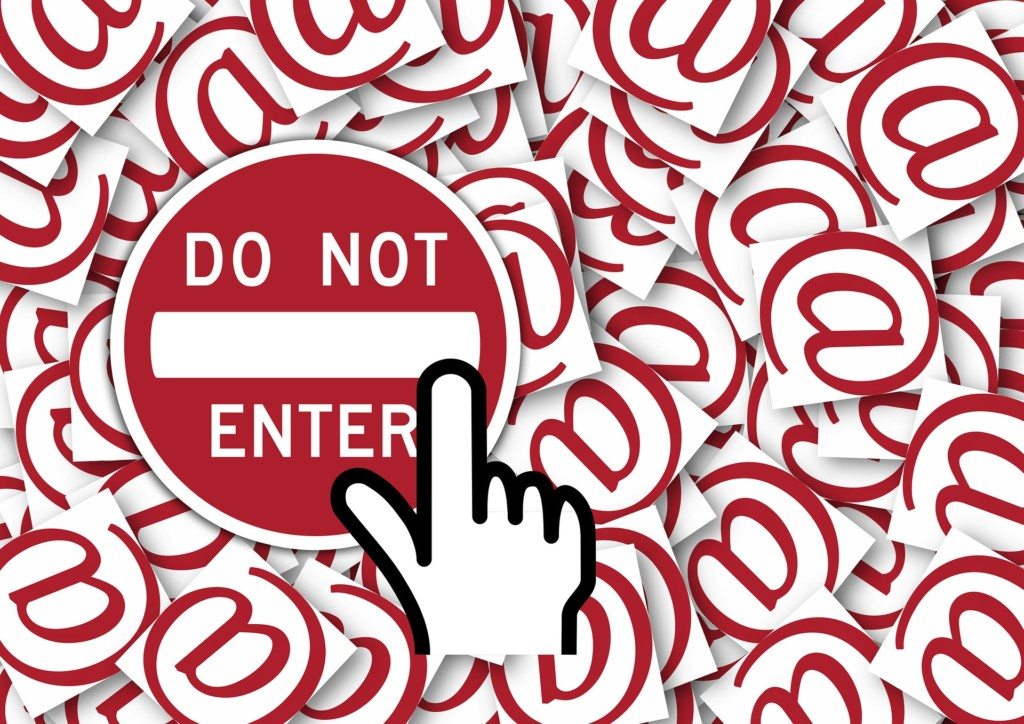Given the age and popularity of email, you might think that getting emails from sender to receiver is a solved problem. But, in reality, providing email services is a tricky proposition, not because of any flaw in the fundamental technology, but because of spammers. The majority of email that traverses the internet is spam. If users received all the spam they were sent, email would be unusable. That’s why there’s a complex “immune system” to stop spam finding its way into inboxes.
If it looks like spam or comes from an IP address that is suspected of sending spam, the chances of an email being delivered are close to zero. The web’s spam hunters aren’t sympathetic: send spam and your IPs will be blocked. And once an IP address or domain gets a reputation as a source of spam, it’s next to useless for sending email.
Many different organizations, including web hosting companies, manage email accounts for their clients, who expect their email to be delivered consistently. An unreliable email service is worthless to the business that depends on it to communicate. Email providers have a responsibility to keep the email flowing.
So what can email providers do to make sure they aren’t tarred as spammers?
Don’t Tolerate Spam
If you provide an online service like web hosting, you’ll be targeted by spammers and so will your users. That’s a reality web hosting providers have to accept and deal with. The first step is making the decision not to tolerate spammers. Some web hosting providers do tolerate spammers or make little effort to stop spammers abusing their networks.
If you’re researching a web hosting or email provider for your company, investigate their approach to spam prevention — you’ll find plenty of information if you Google. If a hosting provider has a reputation as spam-tolerant, avoid using their services if you want to make sure your email is delivered.
Remove Rogue Accounts Quickly
If you discover a spammer in your network, remove their access as soon as possible. Spammers will use automated bots to create accounts just so they can spam, so you should monitor outgoing mail for spam. Keep an eye out for unusual volumes of email originating from accounts on your service.
Secure Your Network
A significant proportion of spam is sent from compromised hosting accounts, particularly out-of-date content management systems such as WordPress. It doesn’t matter to blacklist providers that the spam is not the fault of your organization, that you’re a victim too. Quite rightly, spam prevention organizations take the position that if you’re providing email or hosting services, you should be able to secure your networks.
Filter Outgoing Email
Even if you do all of the above, spam will almost certainly be sent from your network at some point. Spammers are sneaky and resourceful. The best way to prevent spam from your network reaching the open internet is to use an SMTP relay service that scans all outgoing mail for spam. Outbound spam filter providers will help maintain a positive reputation for your IP addresses and will let you know when they find spam from your network.
Spam is a huge drain on the resources of hosting providers, email providers, and email users, but the average email user doesn’t care about the complexities of spam fighting: they just want their email delivered. The best hosting providers implement policies and filters that reduce spam and ensure that their client’s email gets to its destination.
- How Can Web Hosts Improve Email Deliverability? - September 27, 2017




Comments are closed.